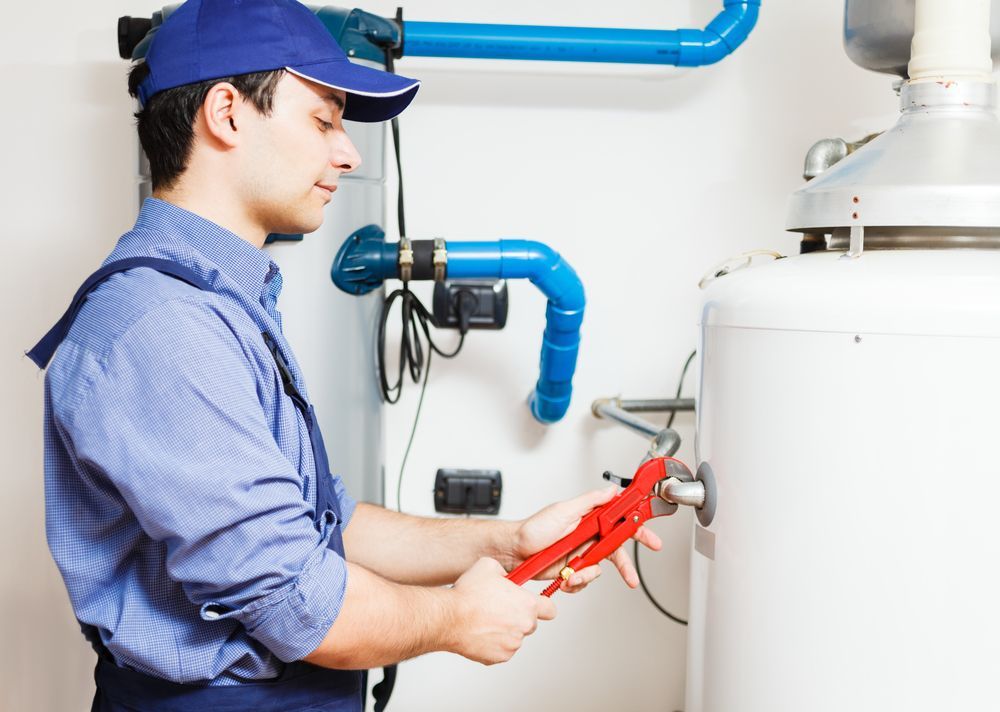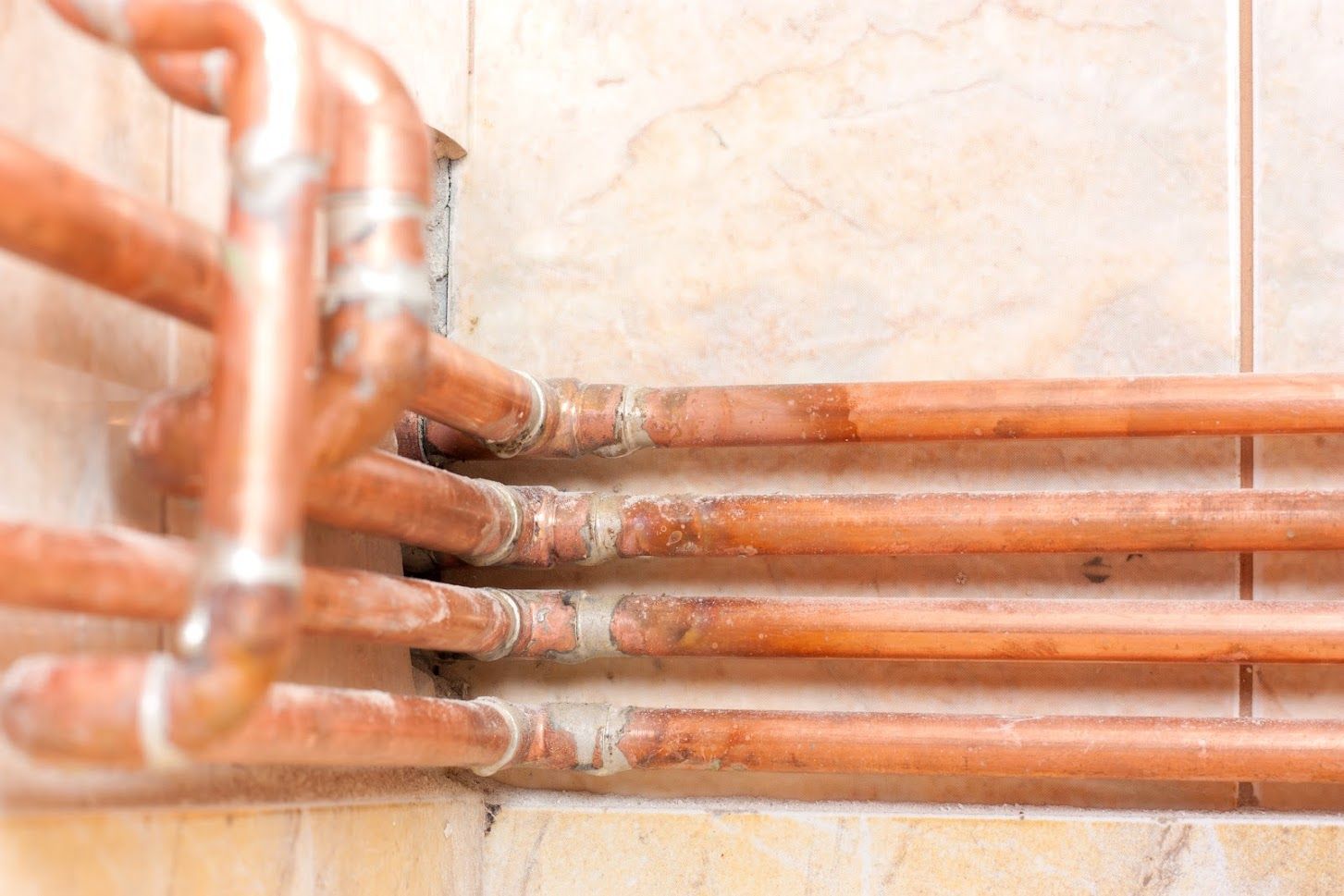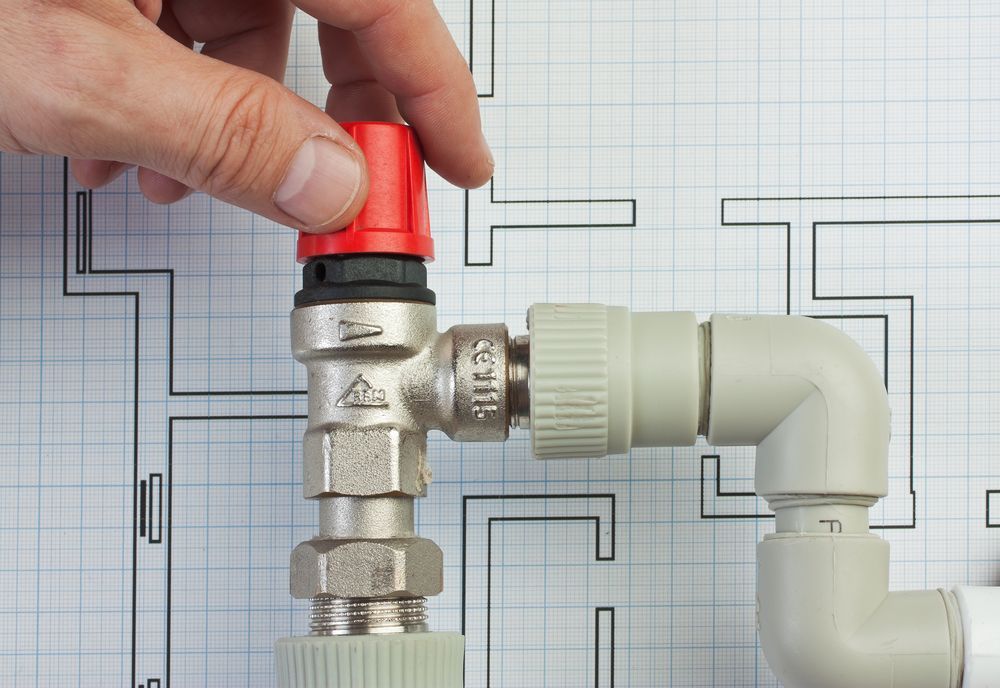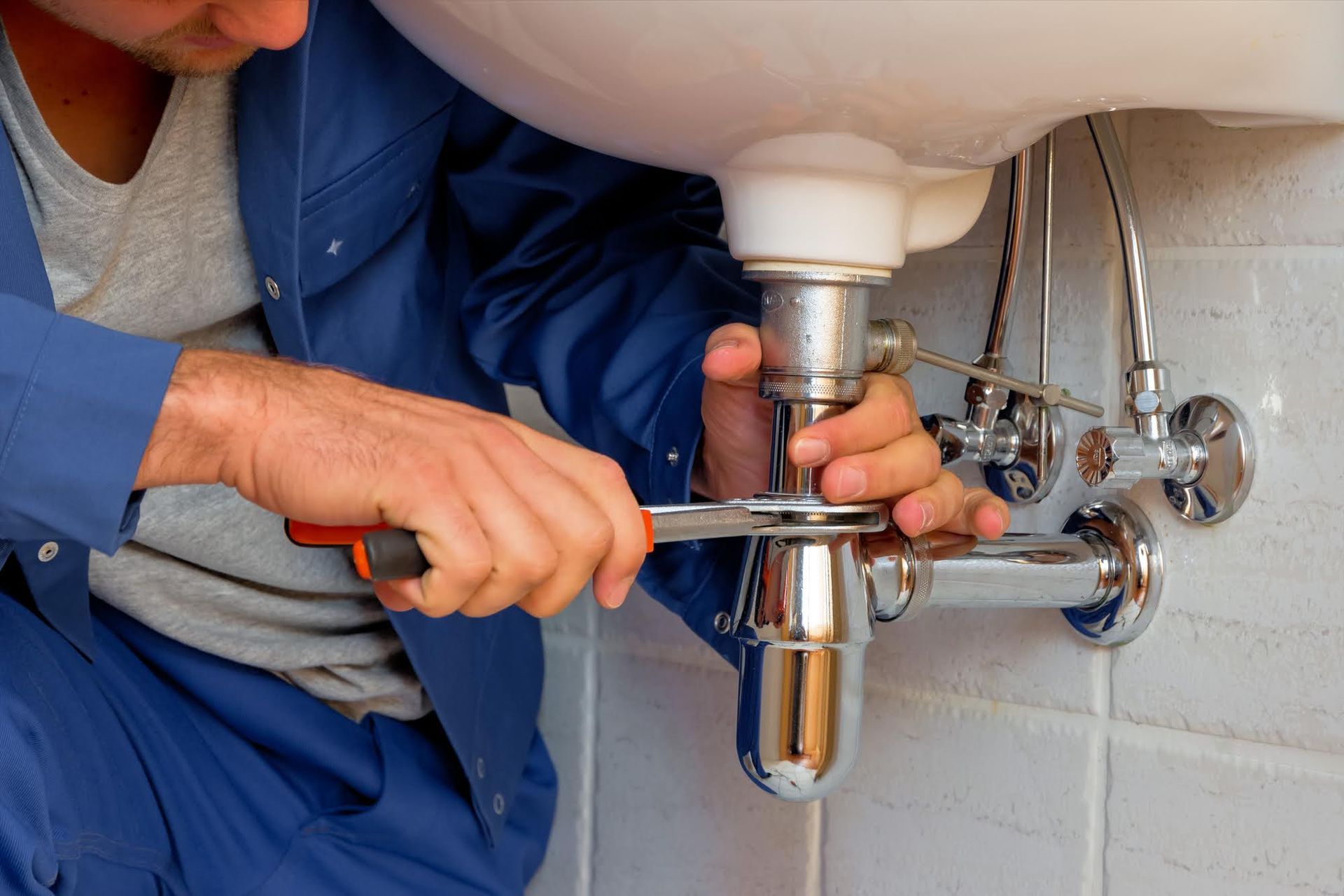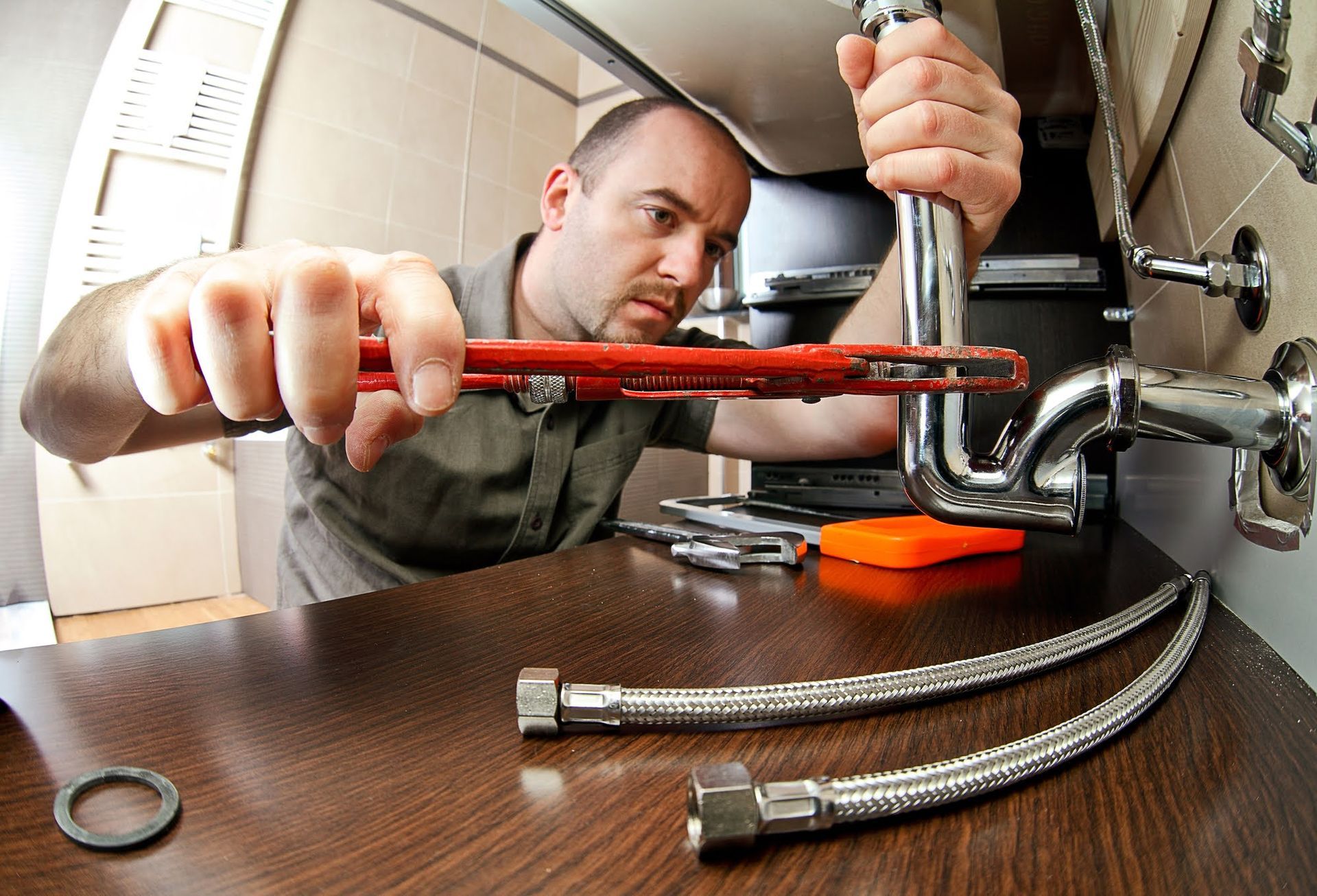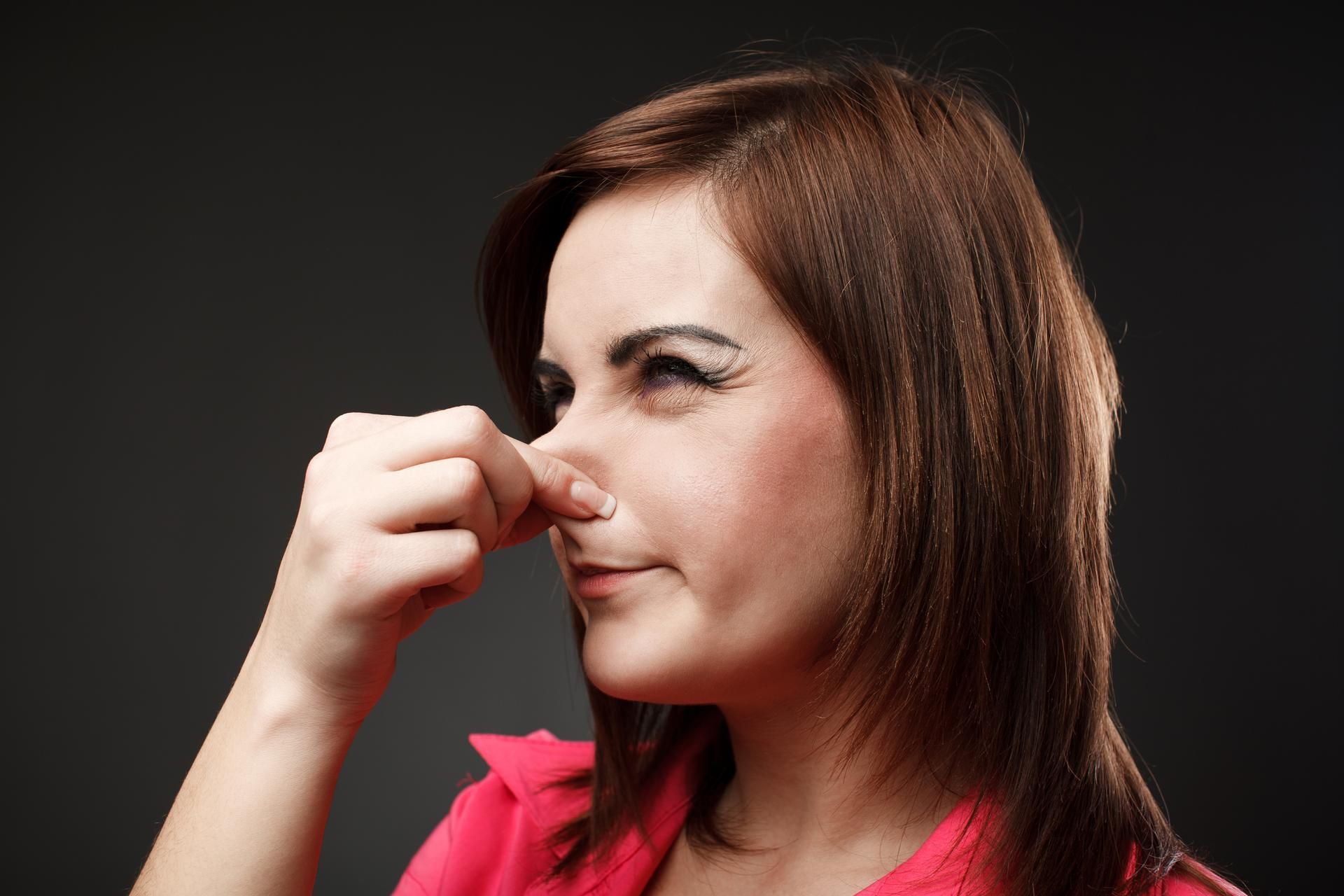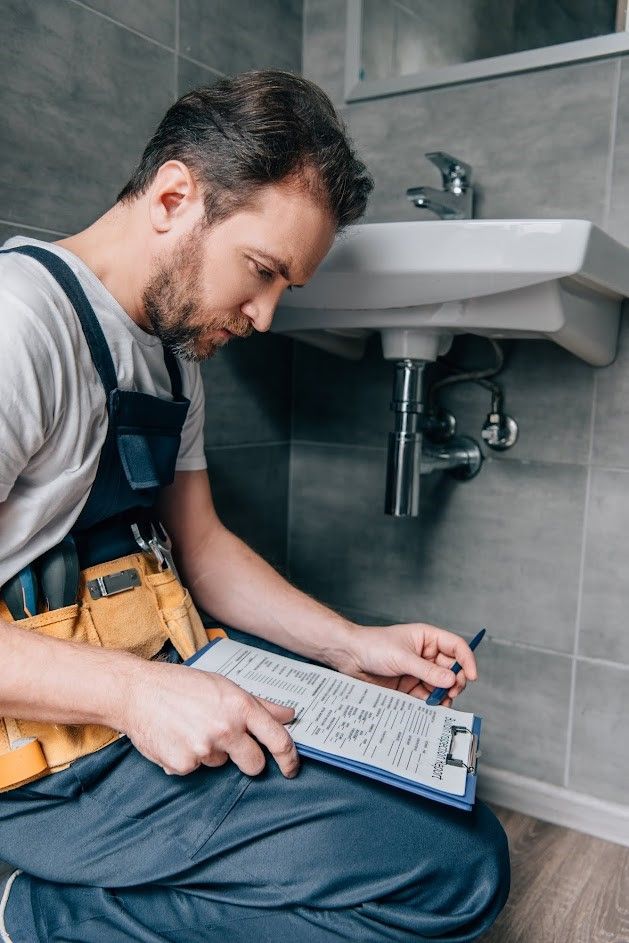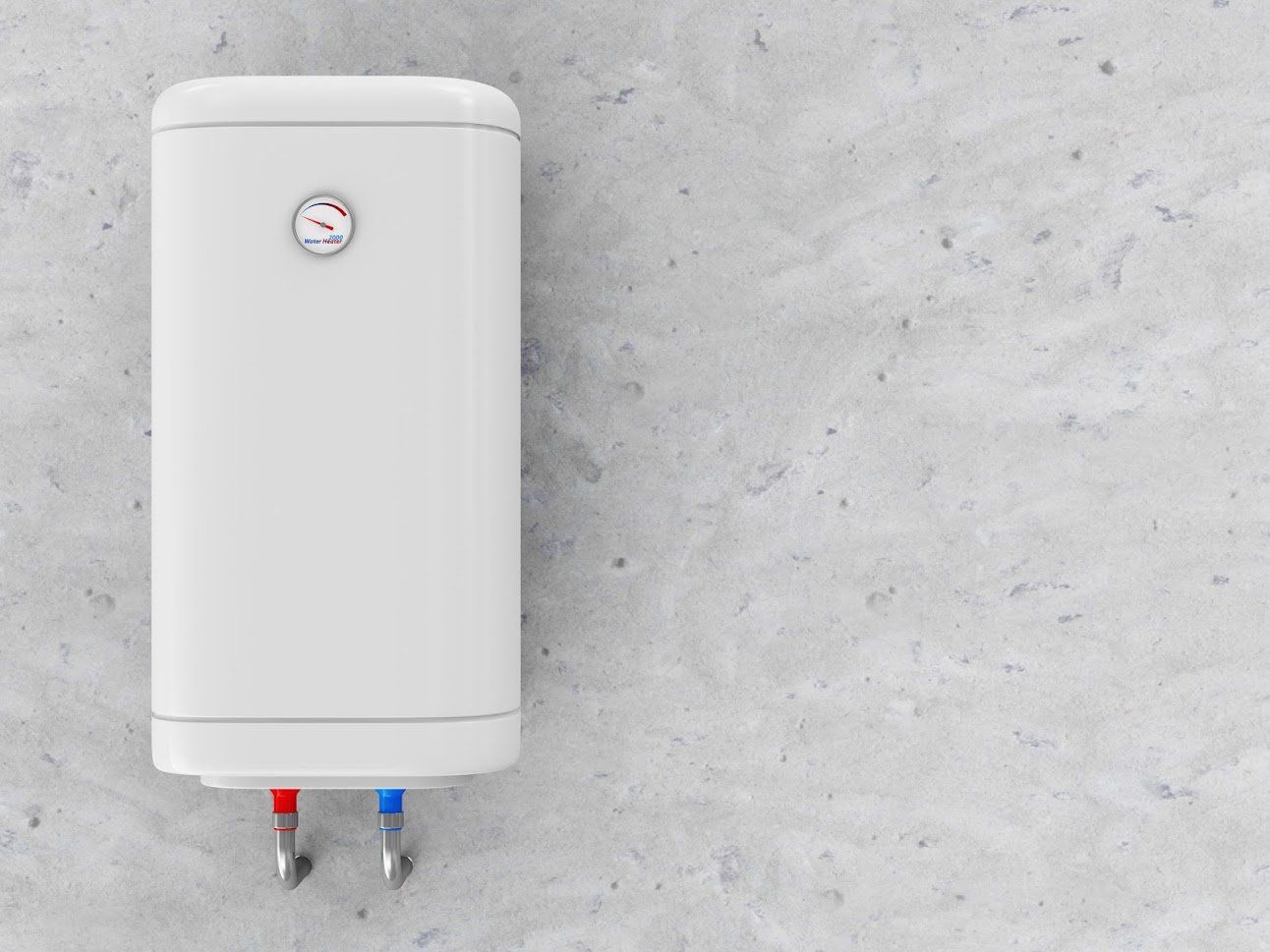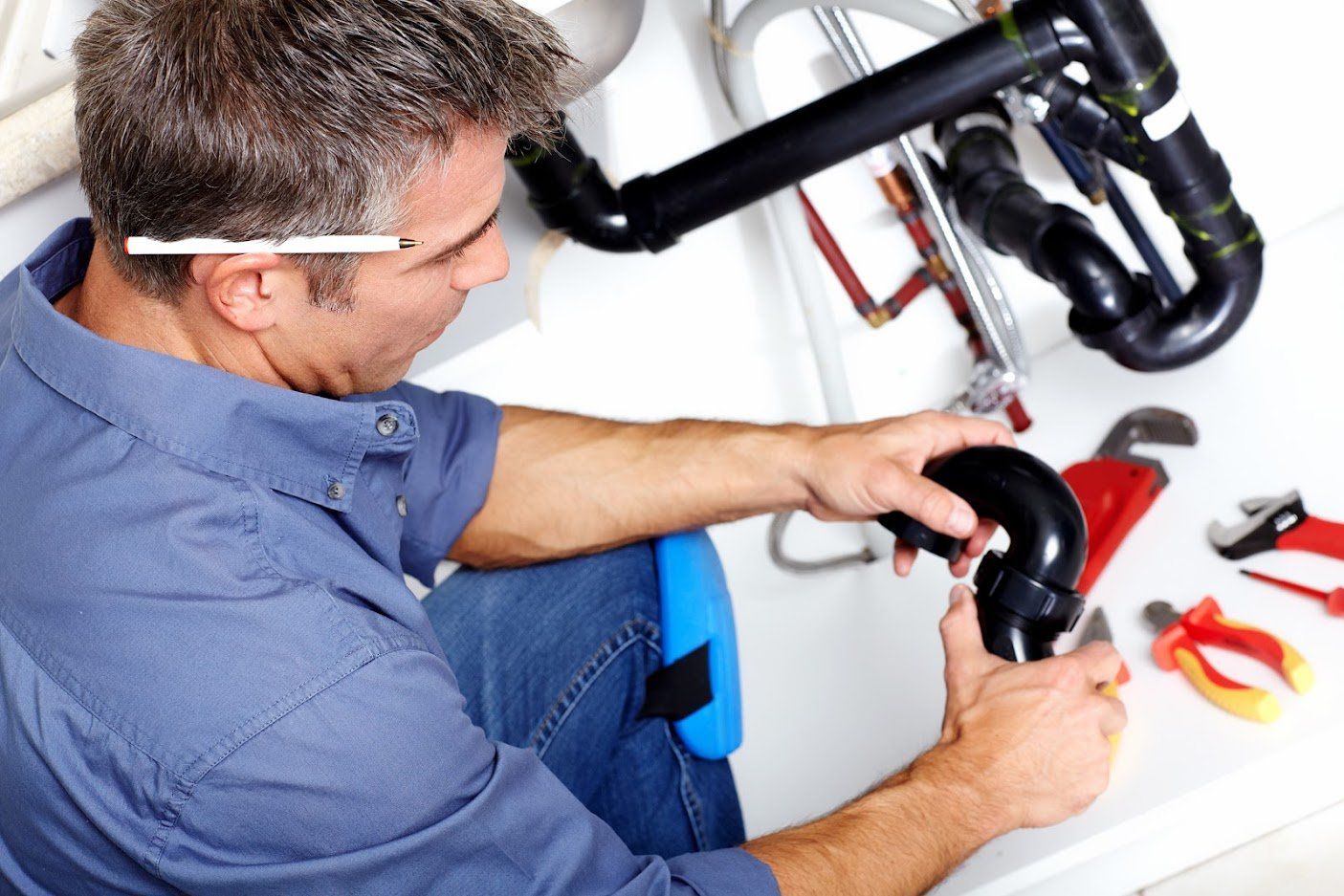
Debunking Common Plumbing Myths
- By Lewis Plumbing
- •
- 01 Dec, 2023
- •

Maintaining a healthy plumbing system is crucial for a functional and comfortable household. A well-maintained system ensures the efficient distribution of clean water and proper disposal of waste, safeguarding against water-borne diseases and costly damages. Debunking common plumbing myths is vital as it prevents potential mishaps and encourages proper maintenance practices, ultimately preserving the integrity of the system and the well-being of your household.
Myth: Flushable Wipes Are Flushable
Many "flushable" wipes are not as safe as advertised, often leading to plumbing issues. Despite claims, these wipes can lead to blockages in sewer systems, resulting in expensive repairs. Additionally, they contribute to environmental harm because they do not disintegrate like toilet paper which can pollute water bodies.
Dispose of wipes properly by throwing them in the trash. Encouraging the use of biodegradable and non-flushable alternatives, alongside informative labeling, can help prevent further damage to both plumbing systems and the environment.
Myth: Minor Leaks Are Nothing To Worry About
Prolonged leaks may gradually weaken a building's structure, resulting in costly and extensive repairs. Moreover, the damp environment created by leaks fosters mold growth, posing health risks and further deteriorating the infrastructure.
To detect and address small leaks promptly, regularly check for water stains, drips, or unusually high water bills. Keep an eye out for musty odors, which could indicate mold formation.
Myth: Running Hot Water Down Your Garbage Disposal Breaks Up Grease
While hot water can assist in breaking down some grease in the garbage disposal, it is not a foolproof solution. Grease can solidify and adhere to the disposal's blades and pipes, leading to clogs and potential damage over time. Moreover, excessive use of hot water can exacerbate existing plumbing problems by contributing to the breakdown of seals and joints, potentially causing leaks and corrosion.
To maintain a grease-free garbage disposal effectively, consider the following tips:
- Use cold water while running the disposal to solidify any grease, allowing it to be chopped into smaller pieces.
- Avoid pouring grease, oil, or fat down the disposal. Opt for proper disposal in a separate container.
- Periodically clean the disposal with a mixture of ice cubes and rock salt to help dislodge any grease or debris.
Regularly use a biodegradable enzyme-based cleaner to break down any residual grease or organic buildup.
Myth: Chemical Drain Cleaners Are Safe
Chemical drain cleaners, typically containing harsh chemicals like lye or sulfuric acid, can pose several risks. First, their powerful nature can damage pipes, especially older or more fragile ones, potentially leading to costly repairs. Moreover, these chemicals can generate heat, potentially causing pipes to burst or crack.
Additionally, their corrosive properties can cause harm to the environment if not disposed of properly. They can be hazardous if they come into contact with skin or eyes, leading to burns or other serious injuries.
Furthermore, the fumes emitted during use can be harmful when inhaled. Overall, while chemical drain cleaners may seem like a quick fix, their potential risks and adverse effects on plumbing systems, health, and the environment underline the importance of considering alternative, safer methods for clearing clogged drains.
Myth: Plunging Can Fix Any Kind of Blockage
While plunging can be effective for certain types of clogs, it's not a universal solution. For instance, if a foreign object or solid obstruction causes the blockage, plunging might not be sufficient. In some cases, excessive plunging can even worsen the situation by pushing the blockage deeper into the plumbing system or causing damage to the pipes.
Furthermore, certain types of blockages, such as those caused by mineral buildup or tree roots infiltrating the pipes, require specialized techniques and equipment for effective resolution. If plunging fails to resolve the issue, seeking professional assistance from a plumber is advisable to prevent further damage to the plumbing system.
If you experience any plumbing problems, contact Lewis Plumbing. We are here to help!
Contact Information
Payment Option







Hours of Operation
- Mon - Fri
- -
- Sat - Sun
- -
Send us a Message
Contact Us
We will get back to you as soon as possible
Please try again later
Santa Barbara's # 1 Plumbing Company Since 1948
Specializing in Plumbing, Sewer & Drain, Water Heaters and Bathroom Remodeling for California's Santa Barbara.
Contact Information
Payment Option







Hours of Operation
- Mon - Fri
- -
- Sat - Sun
- -
Send us a Message
Contact Us
We will get back to you as soon as possible
Please try again later

